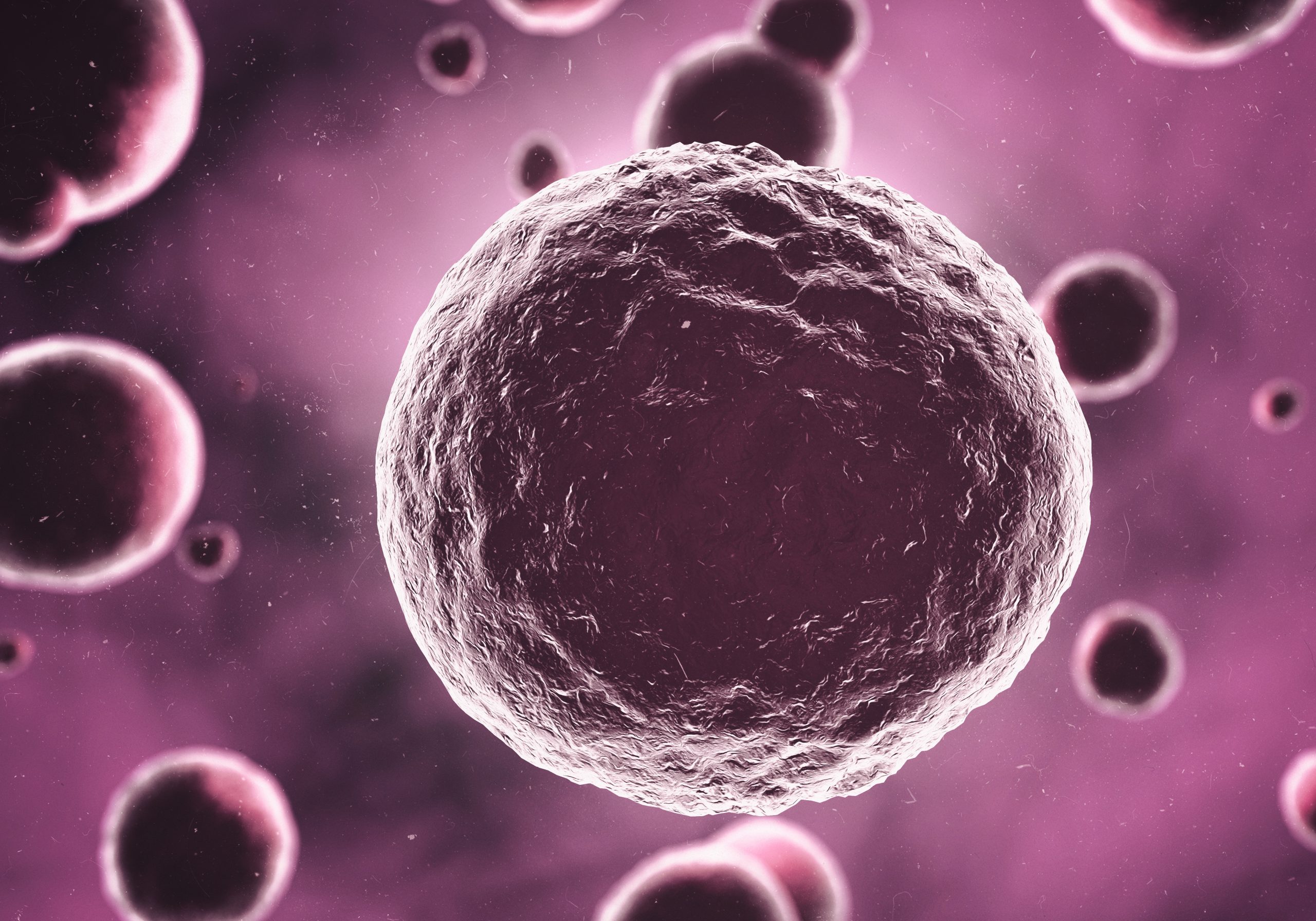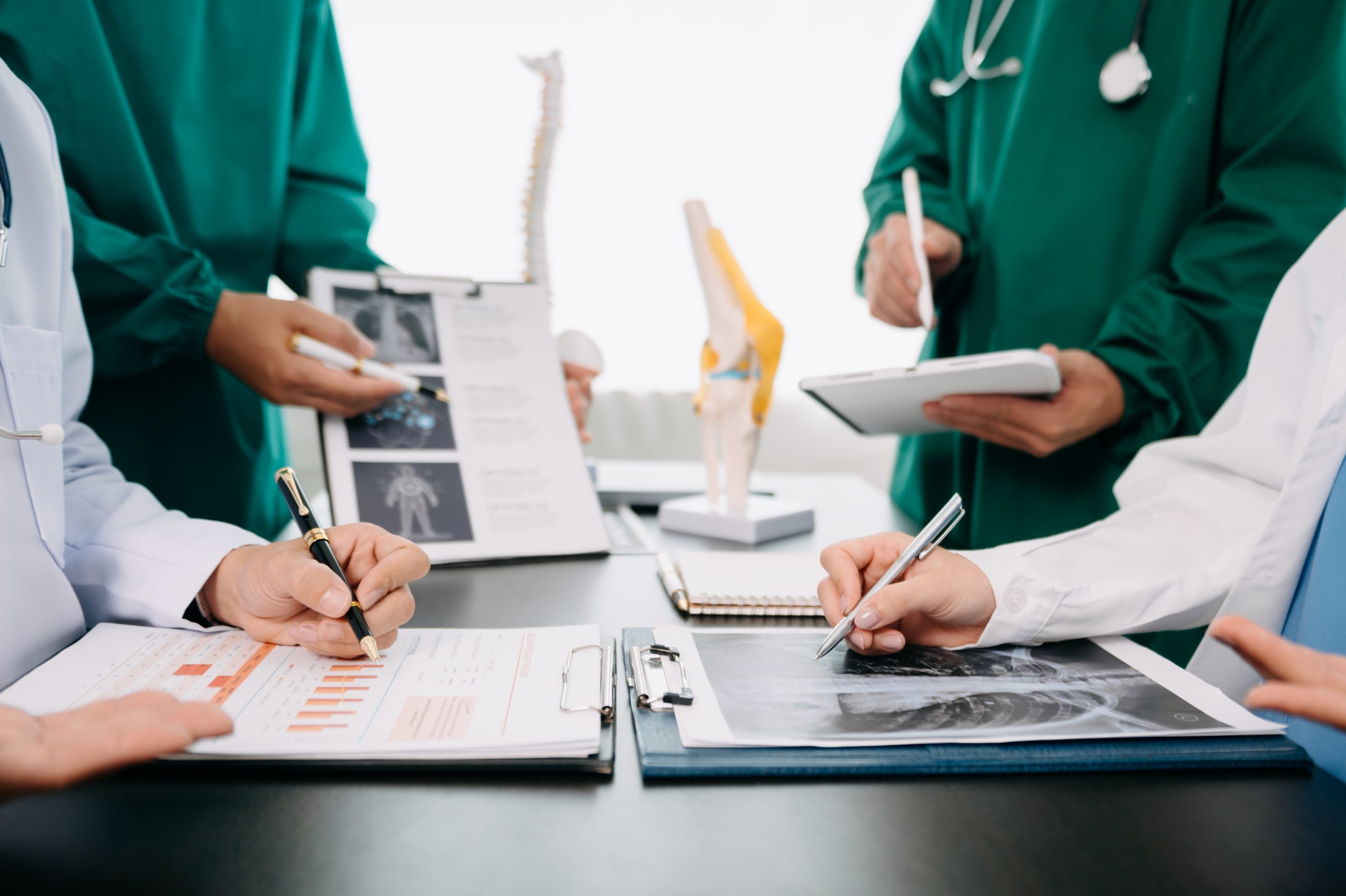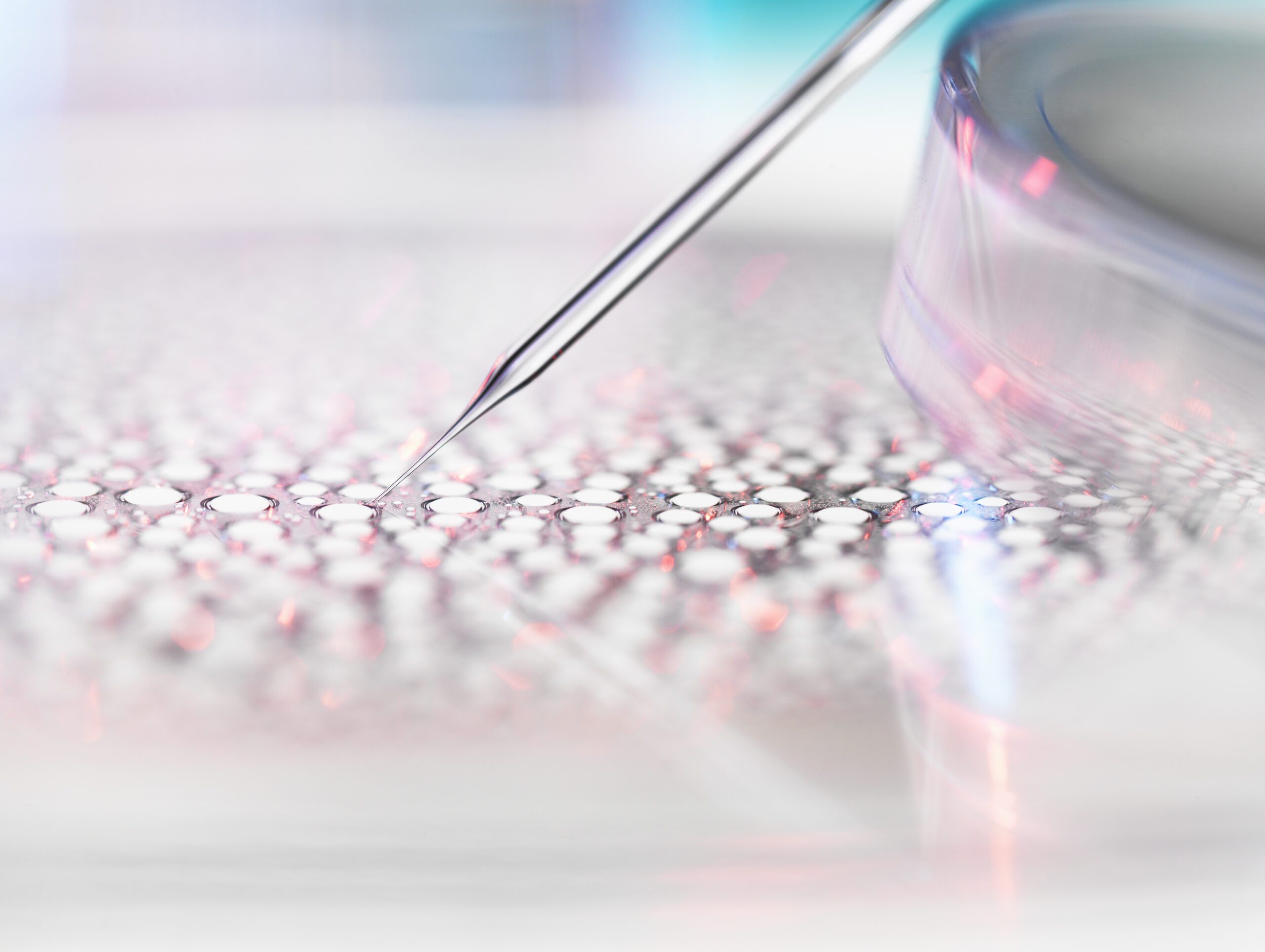Cell, Gene & Tissue Therapeutic Products
Partner with us to accelerate your innovative cell & gene therapeutic product from bench to bedside
Unlock the full potential of your cell & gene therapies with our expert market access, regulatory, CMC, and clinical development solutions, guiding your product through its life cycle ensuring faster, more efficient pathways to bring life-changing treatments to patients.

KEY FIGURES
50+
Cell & gene products
20+
INDs/BLAs/MAAs for cell & gene products
30+
Indications

A multi-disciplinary cell & gene therapy team
- A team of experts with backgrounds in industry, global health authorities, and biotech, offering advanced insights into product development
- A cross-functional team spanning from market access, regulatory, CMC, nonclinical, clinical and vigilance
- A global team providing strategic guidance as well as operational execution
A proven track record of success
- Positioning from the earliest stages of development
- Integrated Evidence Development plans meeting HCP, patient, regulator and payer expectations
- CMC and quality requirements including manufacturing process & analytical methodology development & validation; manufacturing scale-up & comparability assessment
- Tailored clinical protocols design.
- Acts as an interface between Sponsors and CROs/CMOs, aiding in the selection of contractors with proven success

FAQs
Why should I integrate market access in my advanced therapy development plan?
BLA and marketing authorization are not enough for patients to benefit from advanced therapies.
Coverage, coding, and pricing require payer-relevant evidence and preparation.
read more
What are the major market access hurdles in Europe for advanced therapies?
Potential hurdles include hospital exemptions, early preparation for the Joint Clinical Assessment, post-launch evidence, performance-based pricing and, as the technology may not be available in each European country, access to cross-border health services.
Related Glossary

Questions? Get the answers from our expert team
No two product development paths are the same. Talk to our experts about your development challenges and we will provide you actionable recommendations.
